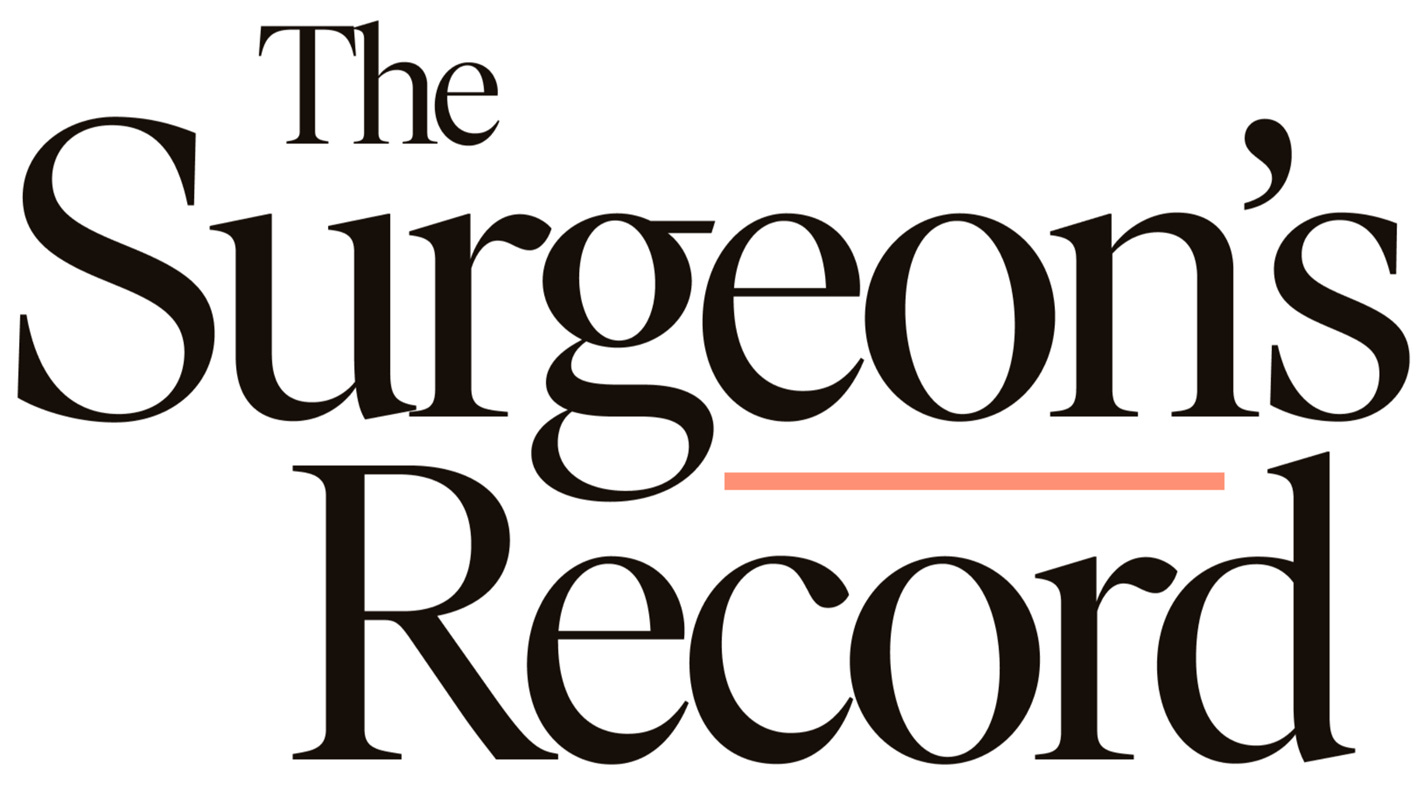A rundown of stories from across the healthcare ecosystem — health tech, health policy, digital health, value-based care, and more — with commentary.
Presented by Commons Clinic
This week:
23andSomeoneElse
What do Halle Berry, Lance Bass, Lenny Kravitz, and the CEO of Kaiser Permanente have in common?
New medical specialty: Asynchronologist
Forcing open the health tech IPO window
Everyone loves GLP-1s
Poll: Docs are happier in private practice!
No soft landing for healthcare
American healthcare quality — It’s complicated
AI ROI
Tangential care: wearables, exec physicals, and whole-body imaging
What should happen to 23andMe? (Morgan Cheatham)
“23 and Me” might describe the current investor pool for this once celebrated health tech unicorn. Just kidding — I don’t own any 23andMe stock. Morgan raises some important questions here about what happens to patient data when such companies struggle financially and either shutdown or are acquired for parts (i.e. data). Some digital health companies have been accused of playing fast and loose with PHI. Big Tech companies too. One potential solution is more clinical oversight and putting physicians in key leadership positions. In any event, situations like 23andMe may become more commonplace as the healthcare technology landscape evolves and more companies fold or undergo M&A. As Morgan points out, what happens to patient data in these situations still isn’t clear — which should be a cause for concern.
Look Who's Talking at HLTH (MedCity News)
Lance Bass! The CEO of Kaiser Permanente! The Vice President of Healthcare and Life Sciences at NVIDIA! Lenny Kravitz! The CEO of Blue Shield of California! The Deputy Secretary of HHS! The CEO of Nestle Health Science US! Halle Berry! The CEO of Johnson & Johnson! The head of Health Technology at Meta!
Who’s not talking at HLTH — me.
Asynchronous medicine specialists are the future (STAT News)
I'm a big believer in asynchronous tools as a means of improving patient experience and enhancing care delivery. However, before we simply add another layer, we should address the problems that led to the rise of "inbox healthcare” in the first place. If upfront communication and education were adequate to begin with, there'd be less confusion and need to send messages in the first place. Proactive asynchronous care is more powerful than inbox management tools. Having used a simple asynchronous text message system for my postop patients, I can attest to its effectiveness. Building asynchronous care thoughtfully and integrating it into in-person care pathways is a better approach in the long term. Not everything can be anticipated, but with enough data, most things can.
The long-awaited health tech IPO window may be opening with several well-known unicorns set to climb through. IPO S-1 filings will throw back the curtain on the financials of digital health companies with large valuations. What will be revealed? Prior health tech IPOs have not fared particularly well with some notable exceptions. (Doximity’s market cap is now equal to Walgreens Boots Alliance). Finding sustainability without the benefit of VC-funded inorganic growth is a challenge. Of interest, the two largest digital MSK companies are both eyeing an IPO — Hinge Health hired Morgan Stanley to help with theirs. (Disclaimer: I’m a tiny Sword Health shareholder). Is the market big enough for two such companies? Much of the value proposition revolves around avoiding traditional MSK care (i.e. Orthopedic Surgeons). I still think the future of high value MSK involves a hybrid approach. We’ll soon have a better sense if I’m right.
Weight Loss From GLP-1 Drugs Not As Robust In Real-World Settings (Forbes)
GLP-1 drugs are on fire. We’ve long searched for an effective weight loss drug that didn’t come with serious side effects or tradeoffs. The CDC recently reported a small (not statistically significant) decline in obesity rates, the first such decline since 2011. GLP-1s are credited with a range of benefits, from helping people stop biting their nails to improving cardiopulmonary outcomes in COPD patients. Pharma is scrambling to keep up with demand, and several consumer health companies offer compounded versions of the drugs. What’s not to like? Allow me to be the wet blanket. This article from Forbes is one of the few you’ll find that doesn’t gush about GLP-1s and what they can do. As happens in medicine, real world results often aren’t as impressive as clinical trial outcomes. There are other concerns — sarcopenia, delayed gastric emptying, costs and the potential need to stay on the medications indefinitely, and the controversy surrounding “Ozempic personality.” Maybe GLP-1s are the real deal when it comes to weight loss and other non-diabetes indications. But we’ve been burned repeatedly in healthcare when it comes to “too good to be true” interventions.
Boosting Physician Satisfaction: Lessons from Physician-Owned Practices (Bain & Company)
Physician satisfaction at health systems lags that of physician-owned practices. We probably didn’t need a Bain & Company survey to tell us that. What is interesting is that employed docs were almost three times more likely to be dissatisfied than their private practice counterparts. NPS scores for health systems were 25-40 points lower. Couple these findings with historic levels of physician employment, and it’s easy to see why people on the frontlines are struggling. The survey identified “star dimensions” — areas that make or break physician satisfaction. These include compensation, staffing/workload, and autonomy. Nailing these elements generates “loyal, enthusiastic promoters who are more likely to stay and recommend their employer to others.” Another critical factor, creating and empowering work environment. The pragmatic changes recommended to boost physician satisfaction read like the framework of an evolved practice model: clear physician value prop, involving physicians in decision making, enhance digital tools and technology, and implementing a closed-loop feedback system. If only there was an MSK-focused company doing something like this! ;)
Is Healthcare Really Recession-Proof? (MedPage Today)
No matter the state of the economy, people will always need healthcare. It’s one of the reasons medicine has long been considered a recession-proof industry. That line of thinking may not be correct. Like other industries, boom time success is not shared evenly across all healthcare stakeholders. The strong economy has benefitted pharma and health insurance companies whose growth is expected to continue. Unfortunately, the picture isn't as rosy for others. Physician groups face yearly reimbursement cuts, rising costs, and inflationary pressures. Too many patients are forced to forgo treatment due to lack of coverage or poor coverage (HDHPs). Nursing and doctor shortages continue. A career in medicine was once seen as a sure path to financial stability. Despite the current climate, it still (mostly) is. However, each year, the economics of medical practice and opportunity costs of pursuing a career in medicine become less favorable. The broader economy may accomplish a soft landing coming out of the pandemic, but frontline healthcare may not be as fortunate.
Where we struggle: life expectancy, maternal mortality, CHF hospital admissions, some patient safety measures (obstetric trauma, avoidable medication/treatment errors), and affordability access. Where we’re average or better: 30-day mortality rates following hospitalization and postop sepsis rates. There’s an important qualification here: “Some measures of quality – particularly long-term measures like life expectancy – are not only reflective of the health system itself, but also of differences in socioeconomic conditions and other differences between countries that are largely outside of the domain of the health system.” Kudos to Peterson-KFF for acknowledging this subtlety and nuance.
Healthcare AI's Elusive ROI (Spencer Dorn via Forbes)
Nice article from my friend Spencer Dorn. AI is very cool, but also very expensive. Costs will go down eventually, but when and how far is hard to guess. Meanwhile, the need to demonstrate clear ROI is no different for AI companies than it is for any other health tech product or service. There’s a real chance the answer will be using AI to cram more patients into a doctor’s schedule and/or capture more billing codes. These are decidedly less sexy use cases than personalized treatments delivered through AI-fueled insights, or a future of uber-docs empowered by tech tools (not encumbered by them).
Biohacker, MD (The Surgeon's Record)
I’ve been skeptical of consumer wearables, executive physicals, and whole-body MRIs. But I’m starting to come around on them (just a little). Traditional healthcare tangential services may have a role beyond salves for the worried well. Focused insights provided by watches and rings can lead to small but meaningful behavior changes. Comprehensive medical care should be an achievable goal for all, not just those who can afford to pay thousands of dollars out-of-pocket. Whole-body imaging for all will remain controversial, but we may eventually have the insights to determine who would benefit or how to interpret incidental findings. Biohacking for all.
Ben Schwartz, MD, MBA
Editor-in Chief, The Surgeon’s Record
Commons Clinic Senior Clinical Fellow
We’re looking for collaborators! If you’re interested in writing an article for The Surgeon’s Record or appearing on a webinar, please reach out. For all of you looking to build a network or an audience, this is your chance.






